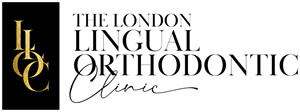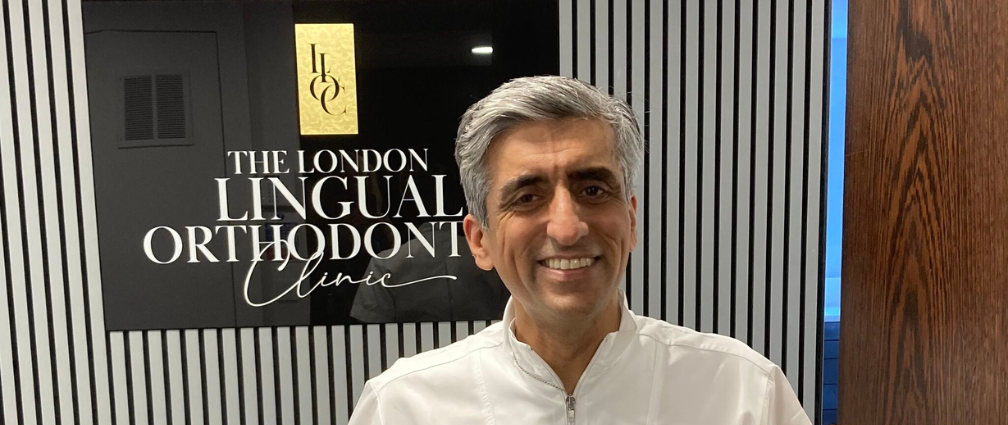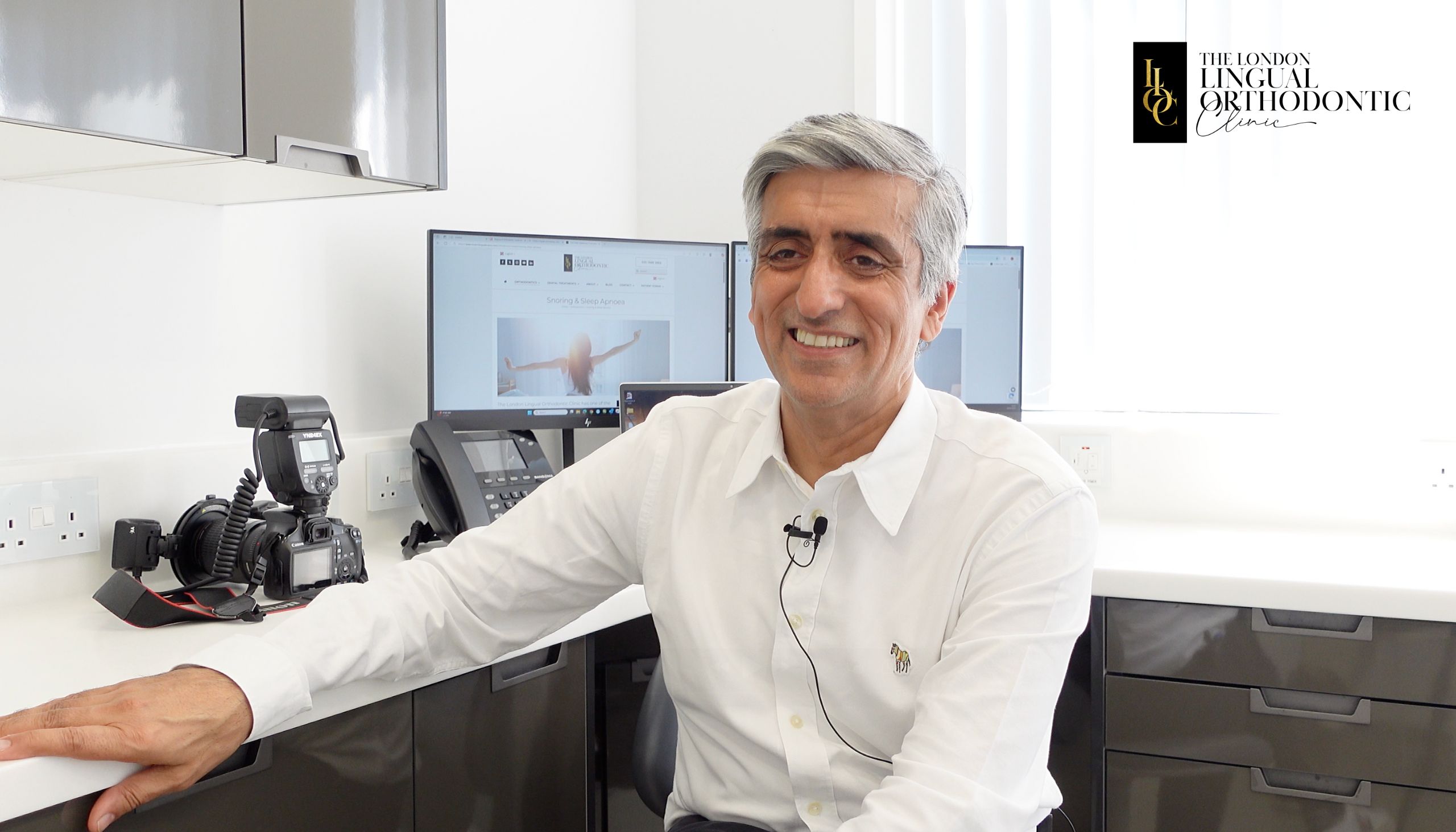“Will my child need orthodontic treatment?” is a question we are often asked here by parents, whether they are current patients of ours or those who had treatment when they were younger.
At The London Lingual Orthodontic Clinic, we believe strongly in the benefits of interceptive treatment, which is why we would often advise bringing your child in for an appointment sooner rather than later.
What age can my child see an orthodontist?
A good age to consider bringing your child to see an orthodontist is around the age of seven. The outcome of the assessment will usually be one of the following:
- The teeth and bite are developing normally so your child does not need any treatment yet. This applies to the majority of children and our advice will be to wait till the development of all the permanent teeth.
- Your child may benefit from some early interceptive treatment to help reduce the complexity of any future orthodontic treatment for the developing teeth and bite.
The following situations are some that may be detected and corrected at an early age to help allow for better development of the teeth and bite and to reduce the complexity of treatment when your child is older.
Crossbite
A crossbite is when the upper teeth bite inside the lower teeth. Research shows that early correction of a cross bite can help reduce wear of the teeth, damage to the gums, possible pain around the jaw joints and allow the normal development of the teeth.
Impacted teeth
Another common problem is impacted teeth. This means the normal eruption of the tooth has been prevented which may be due to a number of factors.
Early orthodontic assessment and interception in some children can prevent impacted teeth at a later stage, whilst failure to diagnose impacted teeth at an early age may complicate treatment later on and can extend the overall treatment time with braces when your child is older.
Protruding teeth
With protruding teeth, early treatment can help to pull the teeth back into place behind the lips. This helps to reduce the risk of trauma to the teeth should your child fall or suffer an injury, falling off a bike or playing sport.
Underbite
An underbite is where the lower teeth bite in front of the upper teeth. Treatment can help to guide the teeth into a more favourable – aligned – position and prevent damage to tooth enamel and the gums, allowing the normal development of the teeth and jaws.
Early Loss of teeth
The early loss of baby teeth can sometimes cause the other teeth to drift resulting in crowding, or insufficient space, for the adult teeth. It may be useful to have a space maintainer to hold the space of the lost baby teeth to prevent the drifting of the other teeth. This may mean permanent teeth don’t have to be extracted at a later date to allow normal eruption and development.
Early treatment might involve the short-term use of appliances or space maintenance and sometimes the extraction (rare) of baby teeth.
We welcome you and your child here for an appointment to see if he or she is one of those who might benefit from early intervention.
Whatever happens, by bringing your child in for an early assessment youwill have the reassurance that either your child does not need early treatment or that, thanks to early intervention, the future treatment with braces will be less complex. Plus, you’ll also have the ultimate reassurance of being in very good hands at our clinic.
Click here to get in touch with a member of the team today.














